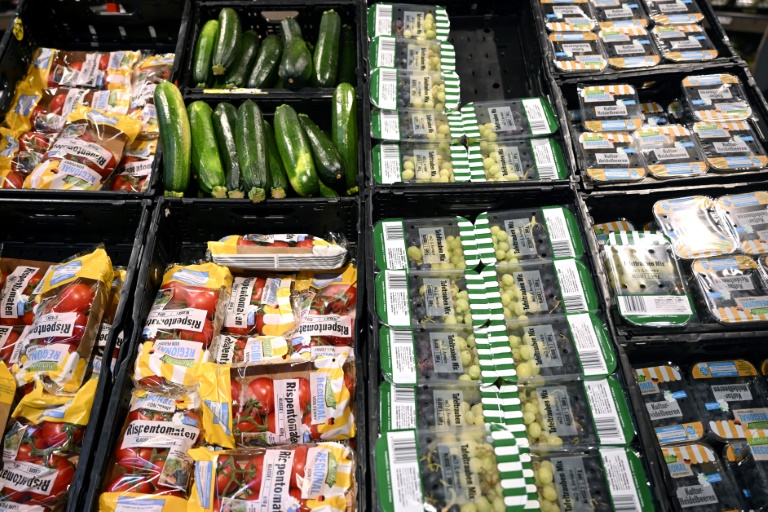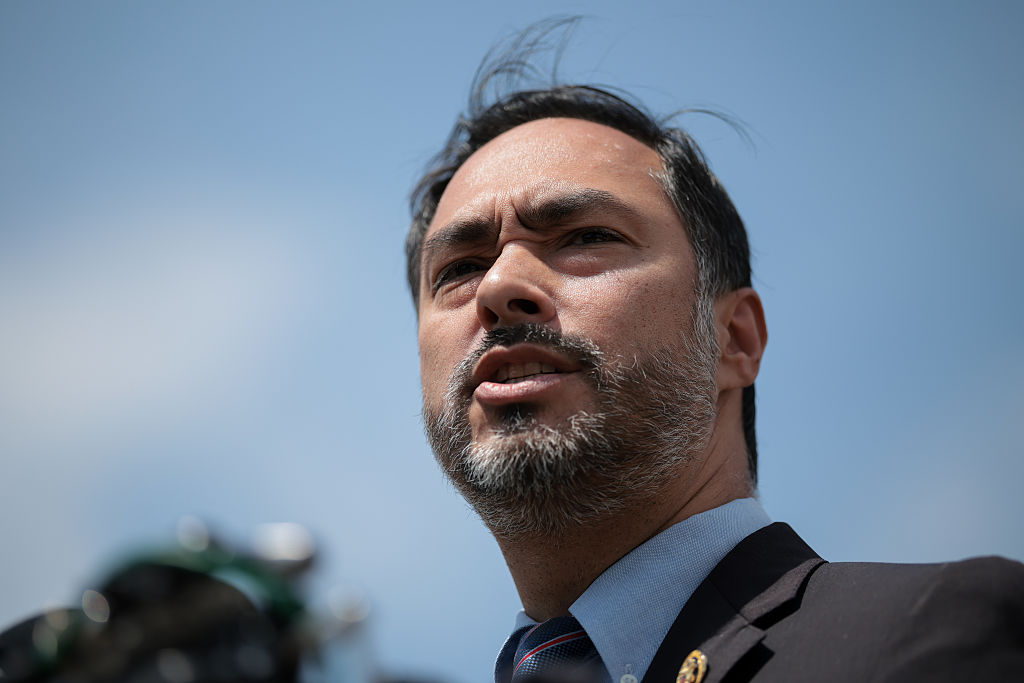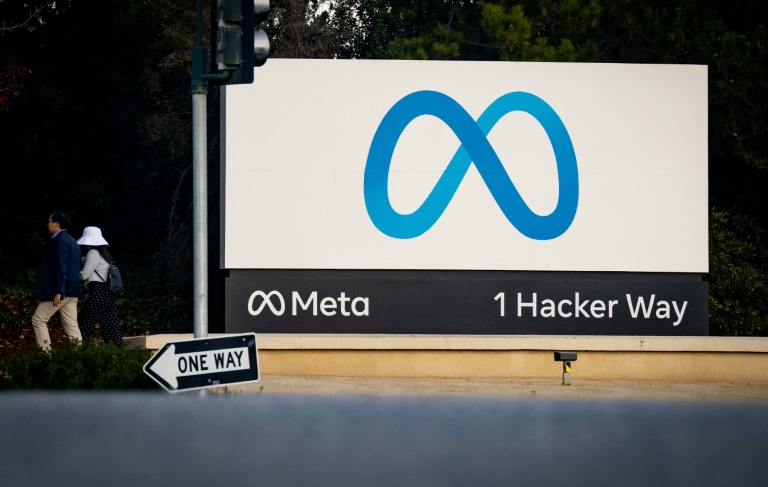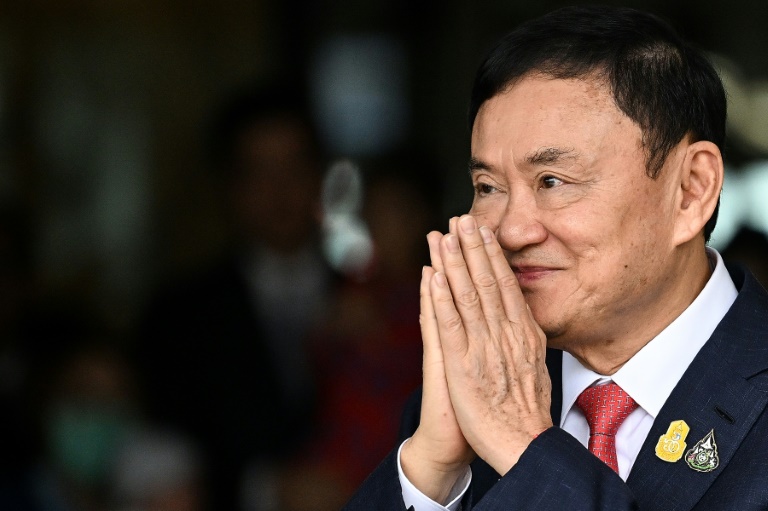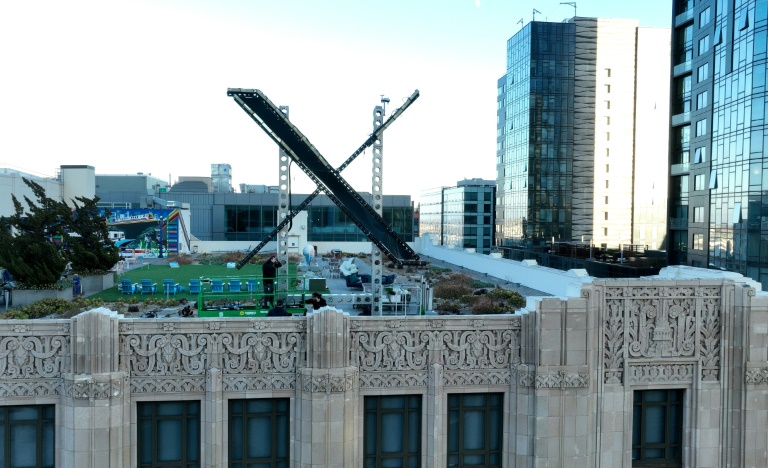Eurozone inflation remained unchanged in August, official data showed Thursday, leaving the European Central Bank faced with a conundrum over whether to continue hiking interest rates amid fears of a deepening economic downturn.
The ECB has hiked interest rates to their highest level since May 2001 to tame red-hot inflation, but its president Christine Lagarde has suggested there could be a pause at the next rate-setting meeting on September 14.
Analysts don’t agree on what the ECB will do. Some avoided making a prediction that the data would not dramatically change the ECB’s trajectory, but others said they still expect a hike.
Consumer prices reached 5.3 percent in August after a smaller drop in energy prices and despite a slowdown in the rise of food and drinks costs, the EU’s statistics agency said.
A consensus forecast by analysts compiled by FactSet and Bloomberg had predicted a slight drop in consumer prices to 5.1 percent.
The figure is far higher than the ECB’s two-percent target.
“The small upside surprise to euro-zone headline inflation in August was entirely due to energy, while the core rate edged down. We don’t think these data will tip the balance of opinion at the ECB decisively towards a hike or a hold at the meeting,” said Jack Allen-Reynolds, deputy chief eurozone economist at Capital Economics.
Bert Colijn, senior eurozone economist at ING, said he still expected a rate hike.
“Given the ECB mantra over recent months that doing too little is worse than doing too much in terms of hikes, we still expect another 25 basis point rate rise, despite this being a close call,” he wrote in a note.
Central bankers will have to weigh inflation woes alongside rising fears over the eurozone economy after worrying figures in August.
A key survey last week showed the eurozone economy is contracting at its fastest rate in three years as a steep decline in manufacturing begins to spread to services.
“The battle between the hawks and the doves is likely to heat up ahead of the next ECB decision,” said Richard Flax, Moneyfarm chief investment officer.
“However, with inflation data still remaining at elevated levels, we cannot rule out further rate hikes before the year is out,” he added.
Inflation had been falling uninterrupted since May this year after a rise in April.
There was a smaller dip in energy prices, falling by 3.3 percent in August on the back of a drop of 6.1 percent in July.
Capital Economics’ Allen-Reynolds said this was due to “base effects and the increase in oil prices over the past few months”.
Food and drink prices rose by 9.8 percent in August compared with 10.8 percent in July, according to Eurostat.
Core inflation, which strips out volatile energy, food, alcohol and tobacco prices, was down slightly to 5.3 percent in August from 5.5 percent in July.
Core inflation is the key signal for the Frankfurt-based ECB.
Among the 20 countries that use the euro, Belgium and Spain had the lowest inflation rate, at 2.4 percent in August, Eurostat said.
The annual inflation rate in Germany, Europe’s biggest economy, rose to 6.4 percent in August, down slightly from 6.5 percent in July, the agency said.
According to other Eurostat data published Thursday, the unemployment rate in the eurozone remained stable in July at 6.4 percent.

